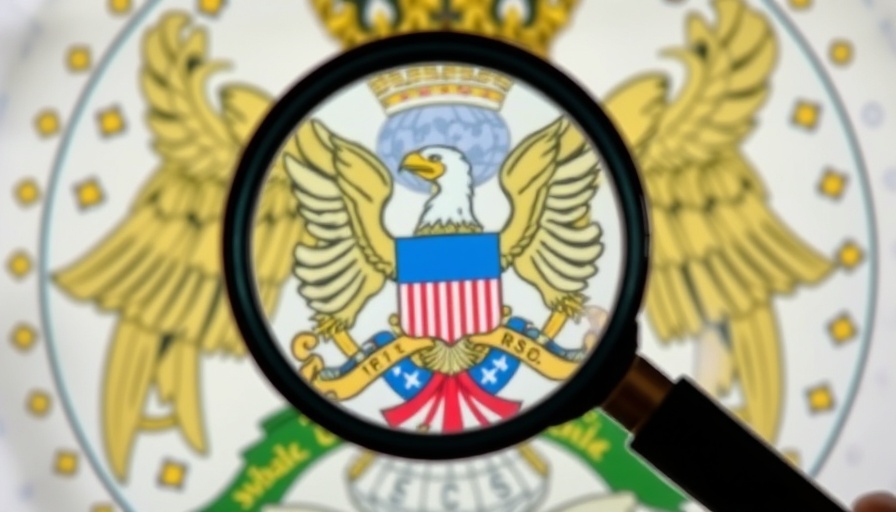
Government Takes Action: Lifestyle Audits for Public Officials
The Portfolio Committee on Public Service and Administration has taken a definitive step towards enhancing accountability in government by insisting on the execution of lifestyle audits for public officials. Chairperson Jan Naudé de Villiers emphasizes that these audits are not merely procedural; they are a crucial tool in combating corruption and ensuring ethical governance.
Understanding the Significance of Lifestyle Audits
As revealed in previous announcements, such as those made by former DPSA minister Ayanda Dlodlo, lifestyle audits are now mandatory across all national and provincial departments. This reform aligns with South Africa's broader objectives under the National Development Plan and the National Anti-Corruption Strategy, both of which aim to reduce corruption by 2030. Dlodlo expressed confidence that these audits would not only detect illicit gains but would also help uncover conflicts of interest, thus reinforcing good governance.
Framework for Implementation and Challenges Ahead
Despite the ambitious goals set forth, the implementation of lifestyle audits has faced hurdles. The Public Service Commission (PSC) has voiced dissatisfaction with the Department's execution of these frameworks. Establishing a clear distinction between the Financial Disclosure Framework and the Lifestyle Audits Framework is crucial. While the former aims at preventing conflicts of interest, the latter serves as an investigative method to unveil unethical behavior and wealth disparities among public servants.
A Call for Rigorous Oversight
Furthermore, the necessity for parliamentary oversight cannot be overstated. Given South Africa's history of political realignment, with key figures from the ANC, DA, and EFF advocating for transparency and accountability, robust mechanisms need to be put in place. Increased vigilance will not only help safeguard state resources but will also contribute to restoring public trust in government institutions.
Future Implications: Corruption and Electoral Integrity
The forthcoming elections in 2024 and 2026 may hinge significantly on the effectiveness of these audits. Voter turnout and public sentiment towards major political players, including President Cyril Ramaphosa and leaders of opposition parties like John Steenhuisen and Julius Malema, could be heavily influenced by the government's efficacy in dealing with corruption. Anti-corruption measures that are seen as effective could bolster support for the ruling party, while negligence can lead to substantial electoral ramifications.
Final Thoughts: A Path to Ethical Governance
In a climate where issues of economic policy, service delivery, and social grants are pressing concerns, the success of lifestyle audits rests not only on legislative backing but also on the public's engagement and civil society involvement. Citizens must be informed and active in holding their leaders accountable. The political landscape is ripe for reform; it remains to be seen whether these initiatives will translate into meaningful change or be another footnote in the chronicles of public service.
As the country navigates these challenges, it's imperative that stakeholders commit to transparency and ethical governance. The lifestyle audits represent a crucial step in redefining the relationship between the public and its officials, ensuring that the principles of integrity and accountability take precedence in a nation striving for equity and justice.
 Add Row
Add Row  Add
Add 




Write A Comment